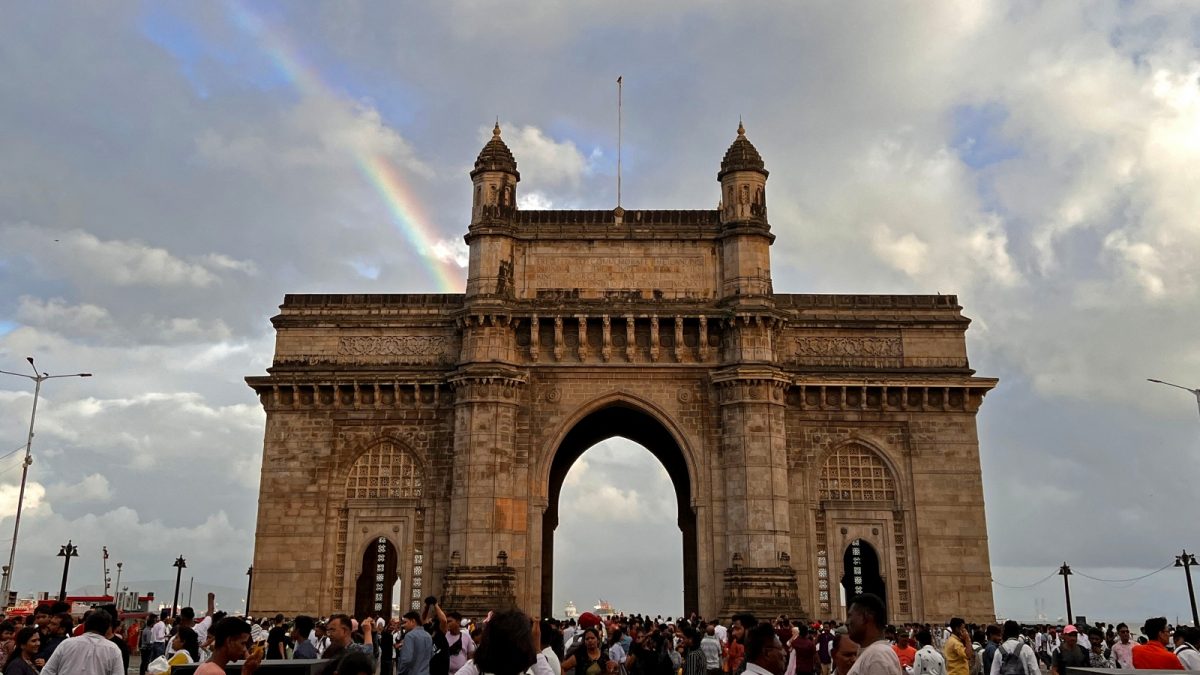ARTICLE AD BOX
Last Updated:July 15, 2025, 12:09 IST
Indian-origin nurse Nimisha Priya is scheduled to be executed in Yemen on July 16 for the 2017 murder of her business partner Talal Abdo Mahdi

Efforts to secure Nimisha Priya's release through "blood money" have not succeeded so far. (News18)
Indian-origin nurse Nimisha Priya is scheduled to be executed in Yemen on July 16, after being convicted in a 2017 murder case involving a Yemeni citizen. Priya, a nurse from Kerala, was found guilty of killing her business partner Talal Abdo Mahdi and attempting to dispose of his body. Efforts by her family and supporters to secure her release through payment of ‘blood money’, a legal provision under Yemeni law, have so far not succeeded.
The case has drawn concern in India, where appeals have been made for diplomatic intervention. While Yemen’s legal system allows for the family of the victim to pardon the convict in exchange for compensation, there has been no indication of that happening in Priya’s case. According to reports, the victim’s family has refused to accept any settlement.
Priya was accused of sedating Mahdi, causing his death, and later attempting to hide his remains. She has maintained that the act was not premeditated and occurred under distress. The trial took place in a part of Yemen currently under the control of the Houthi administration, which has implemented a stricter interpretation of Islamic law.
How Executions Are Carried Out In Yemen
Yemen’s death penalty laws allow for several methods of execution, including shooting by firing squad, stoning, and beheading. The firing squad remains the most commonly used method in recent years, particularly in areas controlled by the Houthis. Unlike India, where hanging is the standard method, executions in Yemen tend to follow religious procedures, often with the convict given time to pray or read religious texts before being blindfolded and taken to the execution site.
In a typical firing squad execution, the convict is shot multiple times in the chest or back, usually near the heart, to ensure death. The process, while legal under Yemeni law, has been condemned by human rights groups for lacking transparency and due process, especially under the Houthi-led courts. International watchdogs have raised concerns over the fairness of trials and access to legal representation, particularly for foreign nationals.
Yemen has seen a rise in executions, especially in the north where Houthi forces hold sway. Since seizing control of the capital Sanaa in 2014, the Houthis have expanded the use of capital punishment not just for violent crimes but also for what they define as moral and political offences. Critics say the judicial system in Houthi-held areas often fails to meet international standards, and death sentences are frequently handed down following flawed investigations and inadequate defence.
Capital punishment in Yemen is legal for a wide range of crimes including murder, rape, terrorism, espionage, apostasy, and adultery. In some past instances, even minors have faced death sentences, drawing criticism from UN bodies and human rights organisations.
Legal Options And Clemency
Under Yemeni law, the President retains the authority to commute or pardon death sentences. However, the fragmented nature of governance in Yemen complicates this. While the internationally recognised government based in the south still holds formal political legitimacy, the Houthi administration exercises de facto power in large parts of the country, including the area where Priya was tried and convicted.
Unless there is a last-minute intervention or a change of heart from the victim’s family, the execution is expected to go ahead as scheduled. Indian authorities have so far not confirmed whether further diplomatic or humanitarian efforts are underway.
As of now, Nimisha Priya’s legal options appear to be exhausted. Civil society groups in India continue to petition for government intervention and humanitarian relief, arguing that she did not receive a fair trial and that mitigating circumstances were not fully considered.
view comments- Location :
- First Published:
News india Nimisha Priya Case: Inside Yemen’s Grim Execution Methods
Disclaimer: Comments reflect users’ views, not News18’s. Please keep discussions respectful and constructive. Abusive, defamatory, or illegal comments will be removed. News18 may disable any comment at its discretion. By posting, you agree to our Terms of Use and Privacy Policy.



.png)
.png)
.png)
















 5 hours ago
5
5 hours ago
5








 English (US) ·
English (US) ·